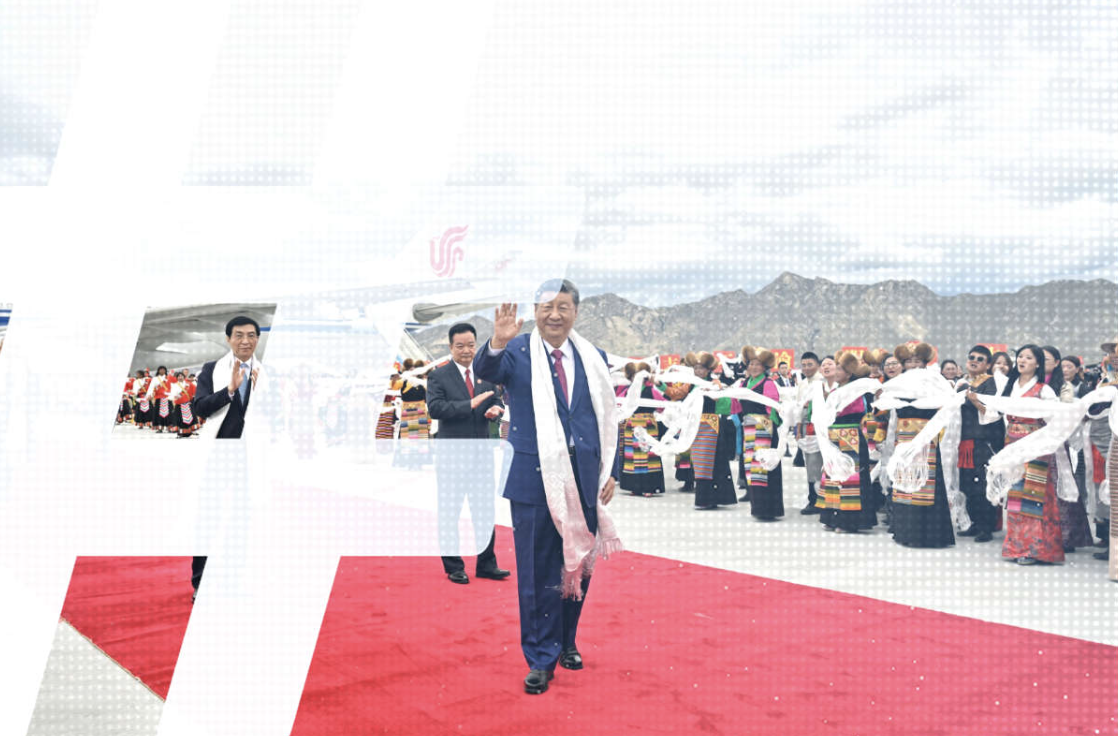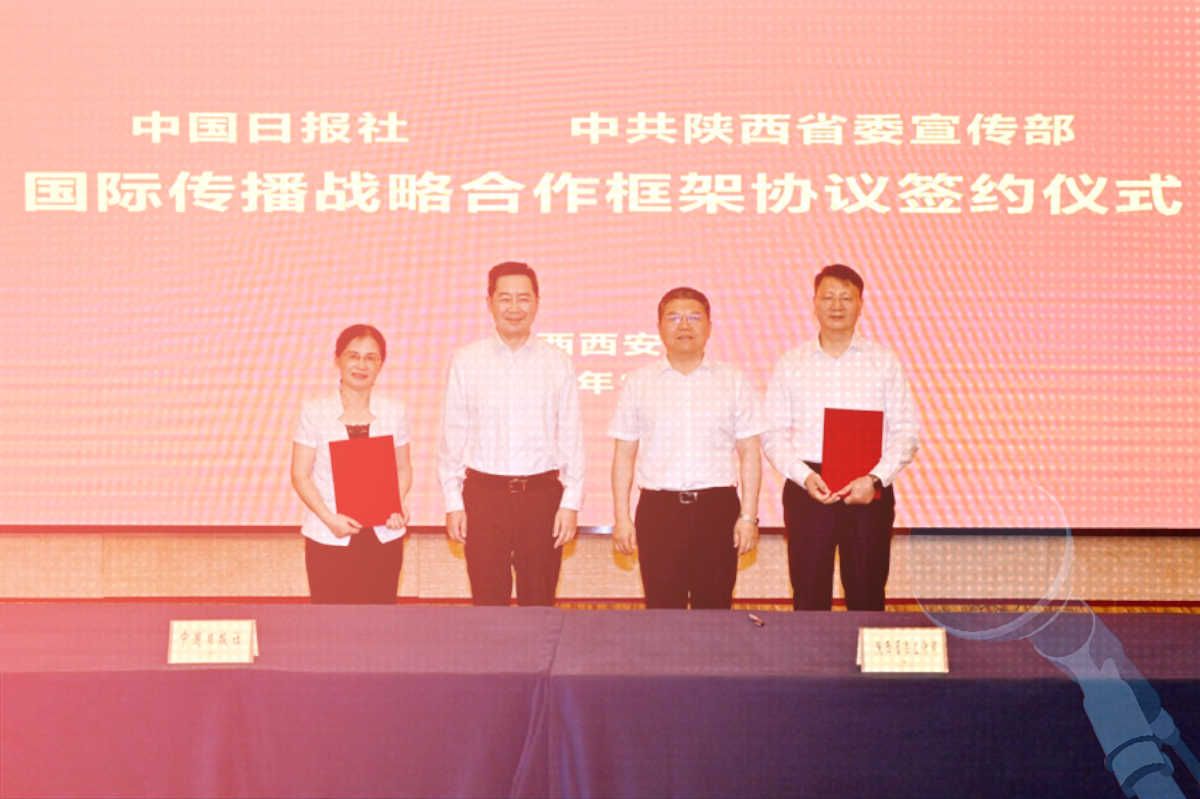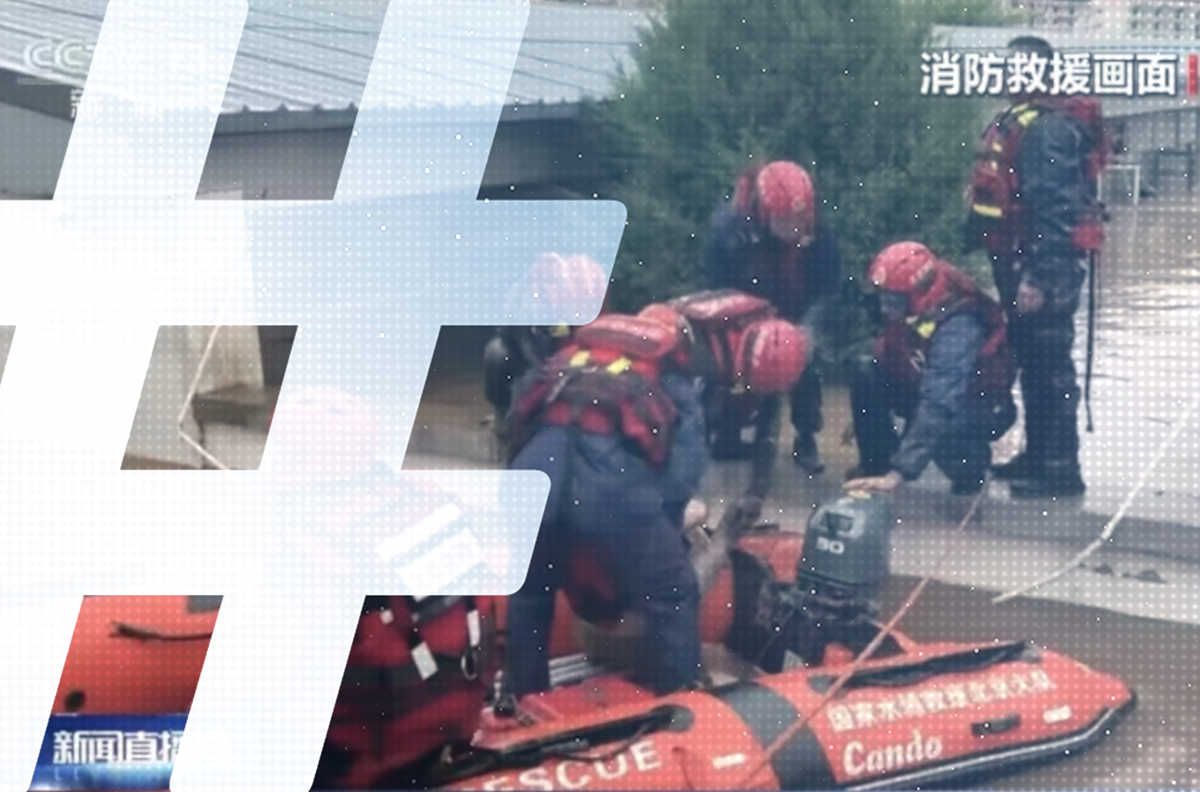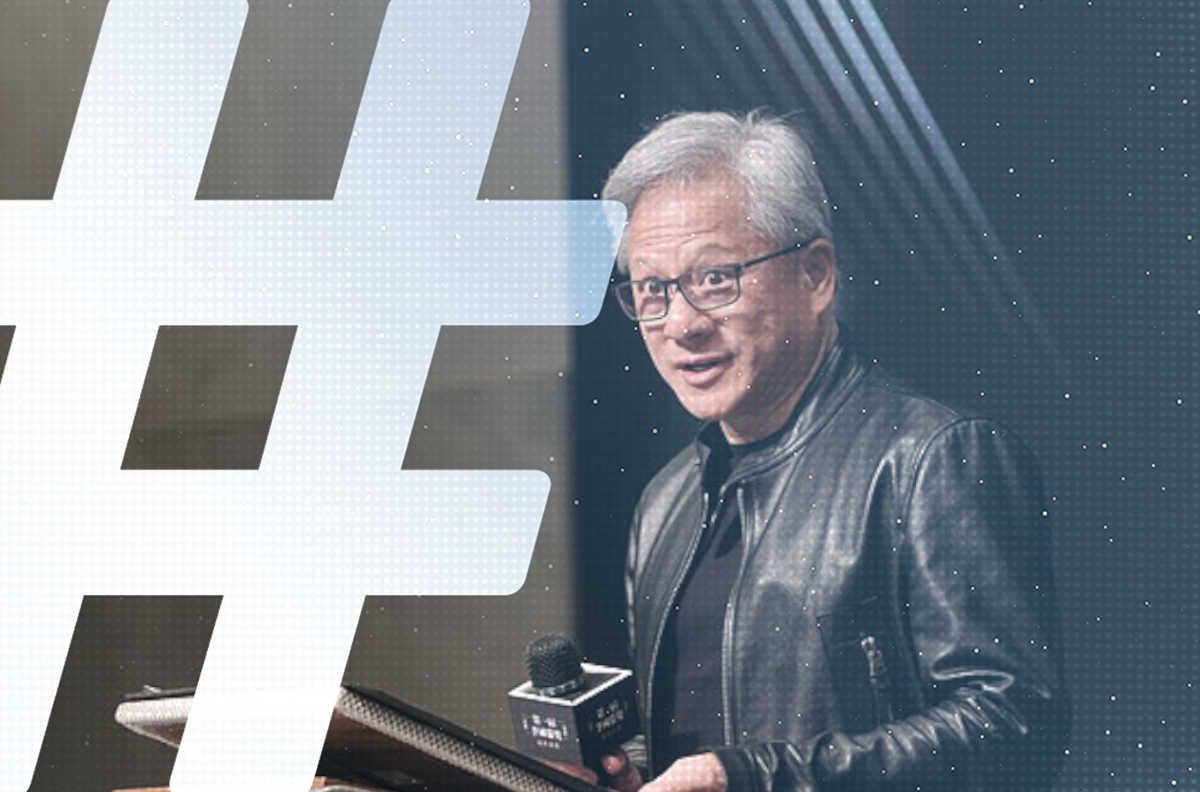Headlines and Hashtags
The Parable of the Scarecrow: A Chinese appeal for public interest journalism and adherence to global standards
Just two days after a Xinhua bulletin exposing acts of “news extortion” by four Chinese reporters, Chun Cheng Wanbao (春城晚报), a commercial spin-off of Yunnan Daily, ran an editorial attacking the practice. What sets this piece apart from other expressions of outrage in the Chinese media is its thinly-veiled reference to public interest and its appeal for adoption of global professional journalism principles, which precede mention of China’s recent moral clean-up campaign, the “Eight Honors and Eight Disgraces”.
By Lao Lai (老赖) [a penname]
News journalists have been called “uncrowned kings”. But behind this glorified moniker, journalists bear a holy responsibility – providing society and the public with the most up-to-date news and information. They are the scarecrows in the cornfield of society.
But if the scarecrows becomes the robbers, colluding with others and doing an inside job, well, that cornfield is done for, and the people, who are the masters of that field, are also done for. Not long ago, some news organizations gave rise to a group of bandits – such reporters as Wang Qiming (汪启明) from China Food Quality News and three other papers extorted money from the people and low-level companies or offices (基层单位) in the name of journalism. Put simply, they used their right to interview and report to grab somebody’s handle (get supposed evidence against them), and through the threat of “exposure” demanded huge sums from the people and work units in question. Because this later came out, they were taken into custody (Xinhua News Agency, Beijing, May 15).
In Article 7 of its Declaration of Principles on the Conduct of Journalists, the International Federation of Journalists says: “The journalist shall regard as grave professional offences the following: plagiarism — malicious misrepresentation — calumny, slander, libel, unfounded accusations — the acceptance of a bribe in any form in consideration of either publication or suppression” [Editor’s Note: this is actually Article 8 of the Declaration].
Since commercial reforms in the media, such trends as fake news, false advertising, exaggerated news and sensationalism have created an upswell of sentiment against journalists. Now, with the addition of “news extortion”, public trust in the media and its public image is again shaken. It seems discussion about the “Eight Honors and Eight Disgraces” in journalism, about professional ethics and media self-discipline is much needed …
If journalists want to gain the trust of the public they have to begin with themselves. Those like Wang Qiming represent a minority among journalists, but, as we say, “One ant hole can cause a breach in the dam”, and we must not be negligent in our journalism.
[Posted by David Bandurski, May 20, 2006]




















